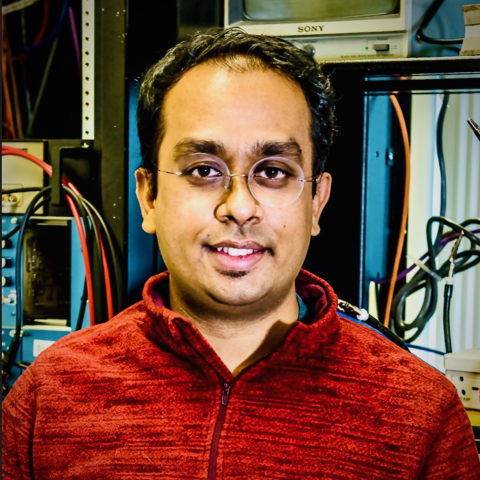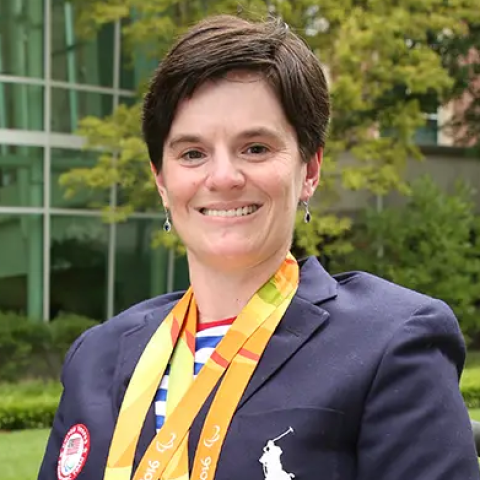Roman Mezencev's research uses genomics and functional genomics data, such as transcriptomics, methylomics, miRNA-omics, proteomics, and metabolomics, to identify distinct molecular subtypes of cancer and predict their sensitivity to traditional and new targeted anticancer agents. A more precise classification of cancer and the identification of new molecular subtypes can improve therapy decision-making and provide more accurate prognostication for cancer patients.
In addition, he utilizes functional genomics to determine the potential of specific chemicals to cause cancer. Analyzing omics data also allows for identifying the carcinogenic mode of action of these chemicals and deriving their carcinogenic potency, which is crucial for human health risk assessment and public health considerations.
Furthermore, cancer also has a unique molecular and epidemiological association with neurodegenerative diseases like Alzheimer's disease (AD), which is currently the seventh leading cause of death in the U.S. Mezencev's research explores these connections to identify shared risk factors and molecular mechanisms involved in the development of cancer and AD for a better understanding of these complex diseases and cross-pollination between anticancer and anti-AD drug development.
Additional Research
Cancer Biology and Carcinogenesis, Toxicogenomics, Cancer Drug Resistance, Protein Misfolding Diseases, Molecular Pathology; Epidemiology and Public Health









